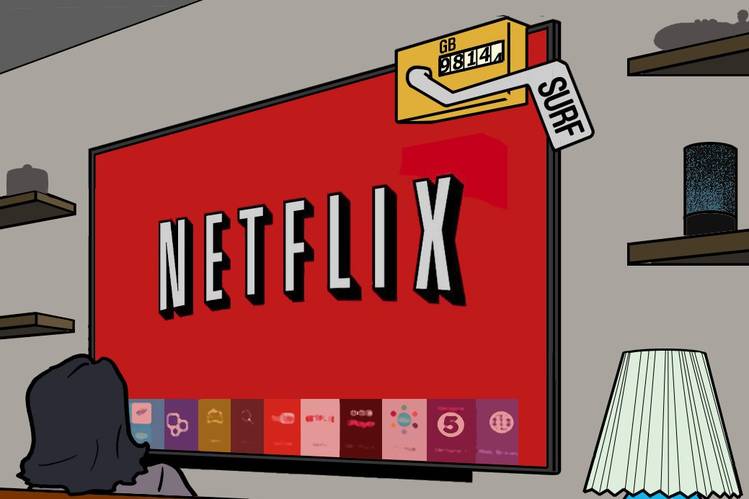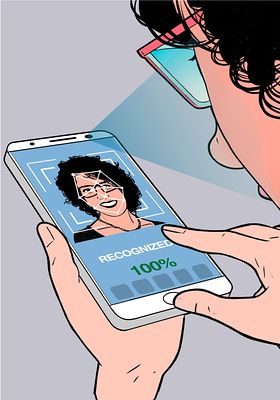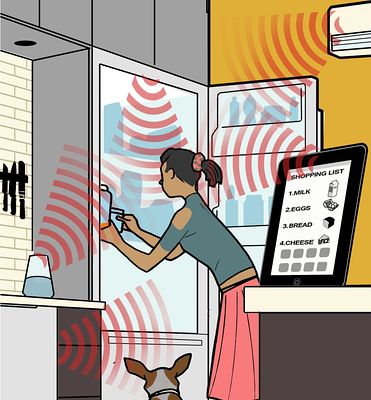On December 31, Netease Technology News reported that the Wall Street Journal highlighted a forecast for 2018, suggesting that technology will significantly change how we live. The article emphasized that electric vehicles, cryptocurrencies, and artificial intelligence are set to make major strides, with Amazon expected to grow even further. The piece outlined several key trends: 2017 was an unusual year in which technology deeply penetrated our daily lives. From the Equifax data breach to Russian interference on Facebook, and Amazon’s acquisition of Whole Foods, tech giants made their mark. In 2018, this influence is expected to intensify, becoming more invasive and impactful. Artificial intelligence is set to become more embedded in the devices and services we use, often without us realizing it. Hackers will continue targeting organizations holding sensitive personal data, while the dominance of the four big tech companies—Amazon, Facebook, Google, and Apple—will shape what we see and buy online. Although you may not be buying cars with Bitcoin just yet, you’ll likely hear more about cryptocurrencies. Electric vehicles are also becoming more affordable and mainstream, with a range of models hitting the market at competitive prices. In 2018, consumers can expect a wide array of electric vehicles at or below the average new car price of $35,000. This includes the Tesla Model 3, Chevrolet Bolt, and the redesigned Nissan Leaf, all offering improved range and affordability. Plug-in hybrids like the Chevrolet Volt and Toyota Prius Prime are also gaining popularity, making electric driving more accessible for daily commuters. Facebook aims to refocus on genuine social interaction in 2018 after a turbulent year. The company plans to prioritize meaningful conversations over passive content consumption, giving users more control over what they see. Features like "Snooze" allow users to temporarily hide posts without unfollowing. Amazon continues to expand its reach beyond e-commerce. With increased investment in video content and a growing workforce of over 500,000 employees, the company is moving into new sectors such as furniture, appliances, and even healthcare. Its acquisition of Whole Foods has helped refine its supply chain strategy, setting the stage for further expansion. Network neutrality regulations have been rolled back, potentially allowing internet service providers to create tiered access. Users might face slower speeds for certain services or limited access to specific platforms unless they pay extra. In some developing regions, companies like Facebook already offer limited internet access through exclusive partnerships. Cryptocurrencies remain volatile but are becoming more mainstream. While Bitcoin and others still face challenges with scalability and high fees, new solutions are emerging. By 2018, transactions could become faster and cheaper, making digital currencies more practical for everyday use. Smartphone innovation is shifting from hardware to software in 2018. New iOS features and Android updates bring enhanced user experiences, including better battery life and smarter notifications. AI integration is also increasing, with voice assistants like Alexa and Siri becoming more integrated into daily tasks. Artificial intelligence is spreading quietly across various aspects of digital life. From email suggestions to facial recognition on social media, AI is enhancing user experiences in subtle ways. Developers are also gaining better tools to integrate AI into apps, accelerating its adoption. Security threats are expected to persist in 2018, with hackers targeting smart devices and personal data. Companies will collect more information to deliver targeted ads, raising privacy concerns. However, new regulations like the EU's GDPR may help protect user data and reshape how companies handle personal information. education whiteboard,teaching whiteboard,whiteboard software development kit,teaching app sdk Guangdong ZhiPing Touch Technology Co., Ltd. , https://www.zhipingtouch.com







The Wall Street Journal Outlook: These technologies will change lives in 2018
Whiteboard SDK | For Interactive Education & Teaching Software
Â
As a powerful software development kit within our "IR Touch Sensor" ecosystem, this Whiteboard SDK is designed to bridge the gap between hardware and software. It empowers developers and educational technology companies to seamlessly integrate advanced interactive whiteboard capabilities into their own applications. By leveraging the precise input from IR touch sensors, the SDK unlocks a native and responsive digital writing and drawing experience.
Â
The toolkit provides a comprehensive set of APIs for features essential to modern digital learning and collaboration, including low-latency digital ink rendering, multi-user simultaneous annotation, shape recognition, palm erasure, and real-time collaboration tools. It is meticulously optimized to work flawlessly with interactive teaching software, turning any display into a dynamic canvas for education, training, or presentations. This allows you to focus on building your unique application logic and content, while we handle the complexities of touch processing and rendering.
Â
Ideal for developing bespoke education whiteboard solutions, remote teaching platforms, or collaborative business apps, this SDK accelerates your time-to-market and delivers a professional, engaging user experience.